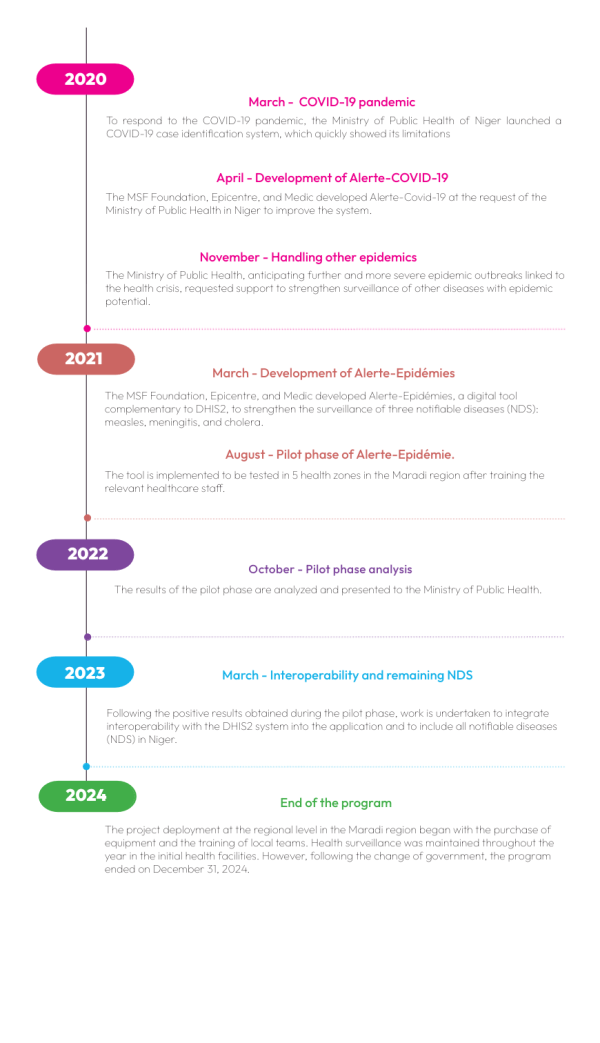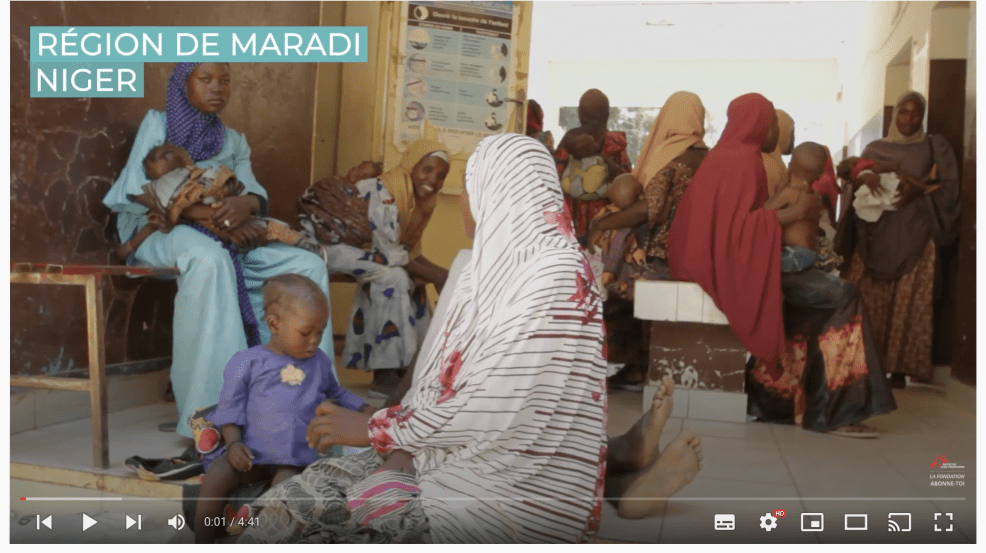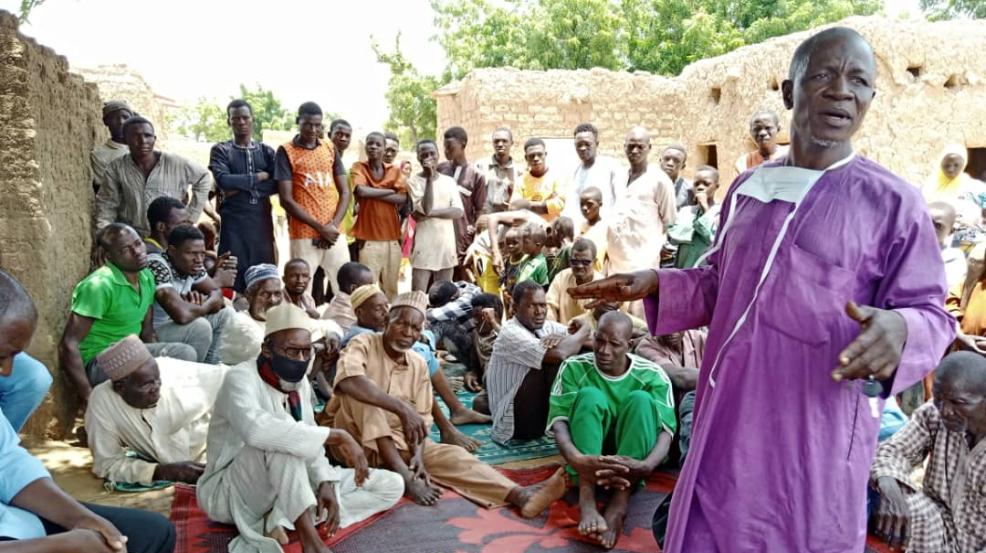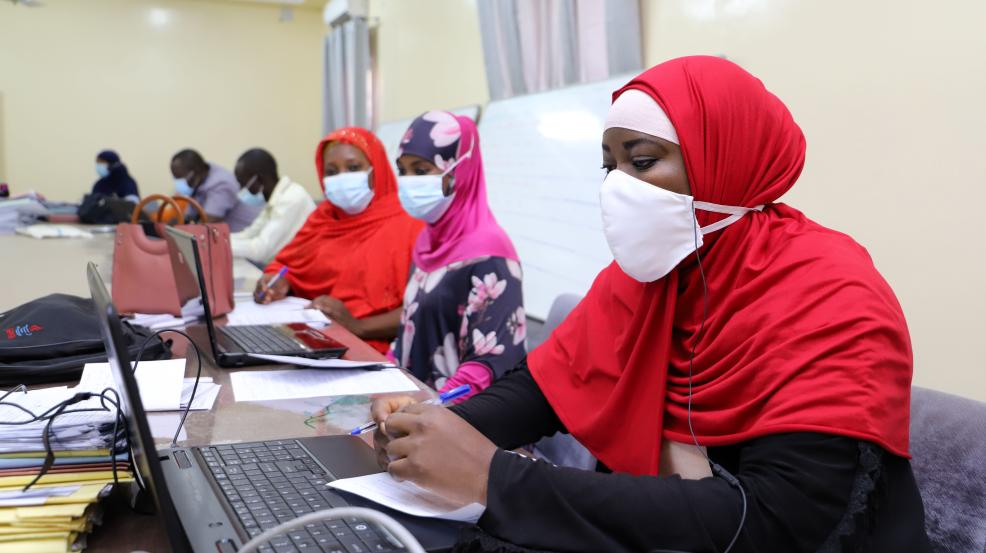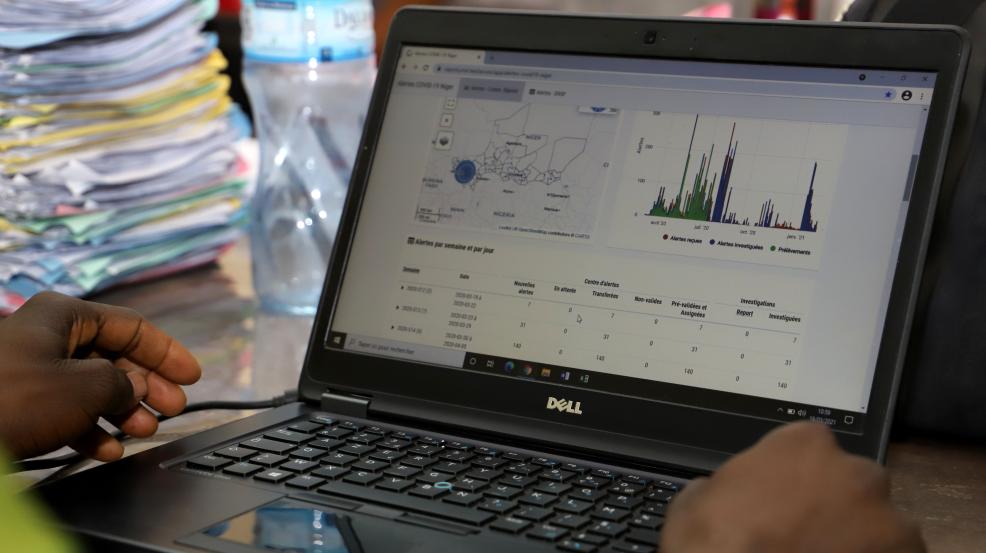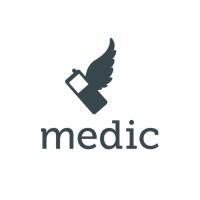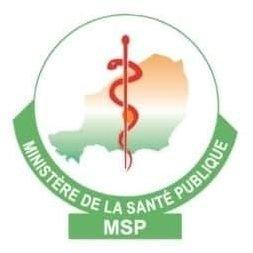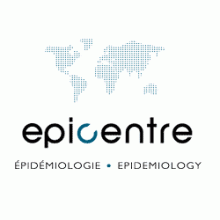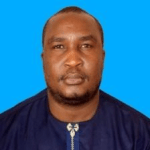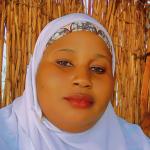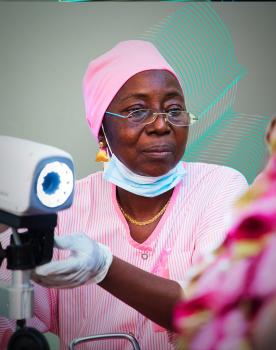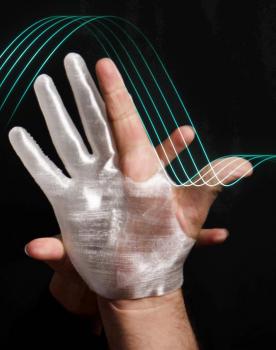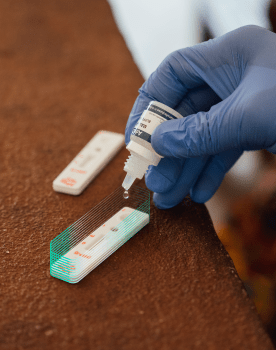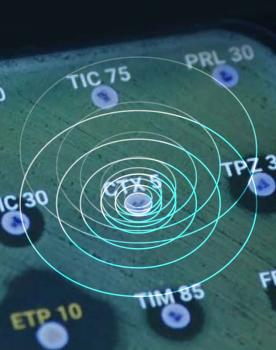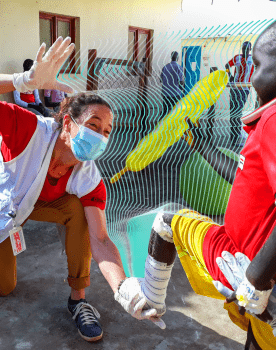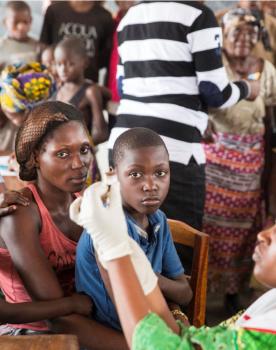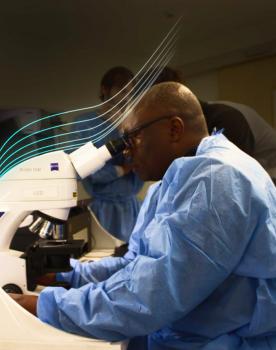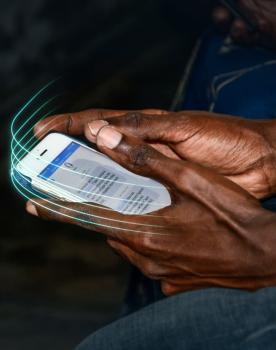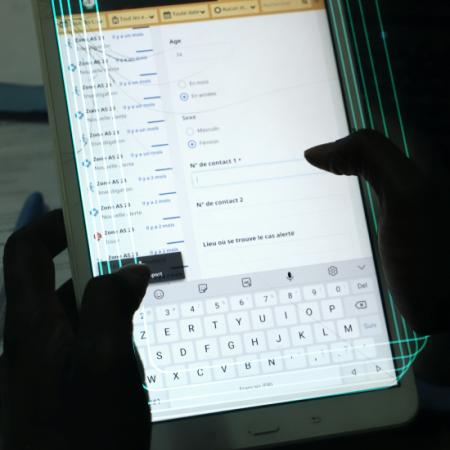
Alert-Epidemics
In brief
Alerte-Epidemics is a system for processing and notifying alerts to detect and respond to outbreaks of infectious diseases, including measles, meningitis, cholera, and COVID-19, in fragile settings.
The project was implemented between 2020 and 2024.
Status of the project
News
In detail
In addition to the direct effects of the disease, the COVID-19 pandemic could have other severe long-term consequences on the population's health. During this period, many people struggled to access healthcare. In 2020, 23 million children worldwide missed their routine vaccinations, raising concerns about significant epidemic outbreaks, particularly in MSF's intervention areas. In a country like Niger, which was hit by COVID-19 in 2020, in addition to already facing recurrent epidemics of infectious diseases that led to high morbidity and mortality rates, the concern was great. Measles and meningitis are preventable through vaccination, but they can spread extremely quickly when vaccination coverage is insufficient.
It is to address this major challenge that the MSF Foundation, in collaboration with Epicentre, the Ministry of Health of Niger, and Medic Mobile, our technological partner, developed the Alerte-Epidémies program. Now consisting of two applications in Niger, Alerte-Covid19 and Alerte-Niger, it contributes to fighting epidemics by improving the detection and reporting of alerts.
Alerte-Covid19 was the first application implemented in Niger. This app was created by the Foundation in collaboration with Epicentre and Medic Mobile at the request of the Ministry of Public Health of Niger. It played a significant role in stabilizing the health situation in Niger and sparked discussions on adapting the system to tackle other major epidemics in Niger and other countries.
A notification, investigation, and alert validation tool for COVID-19, Alerte-Covid19 was operational throughout Niger. The app guided operators at the Samu Call Center to determine if individuals contacting them showed signs or symptoms of COVID-19 and then reported them via a dedicated platform. It also allowed health agents and focal points at health centers and hospitals to report COVID-19 alerts. This platform centralized all data from the national alert center and regional alert centers. The suspected cases reported through the app were instantly redirected by region and assigned to investigators, who began field investigations to determine the diagnosis. Once the investigation was completed, the investigator submitted their report directly on the platform, allowing health authorities to determine if further actions were needed, such as contact tracing. To date, 97% of the alerts received have been investigated.
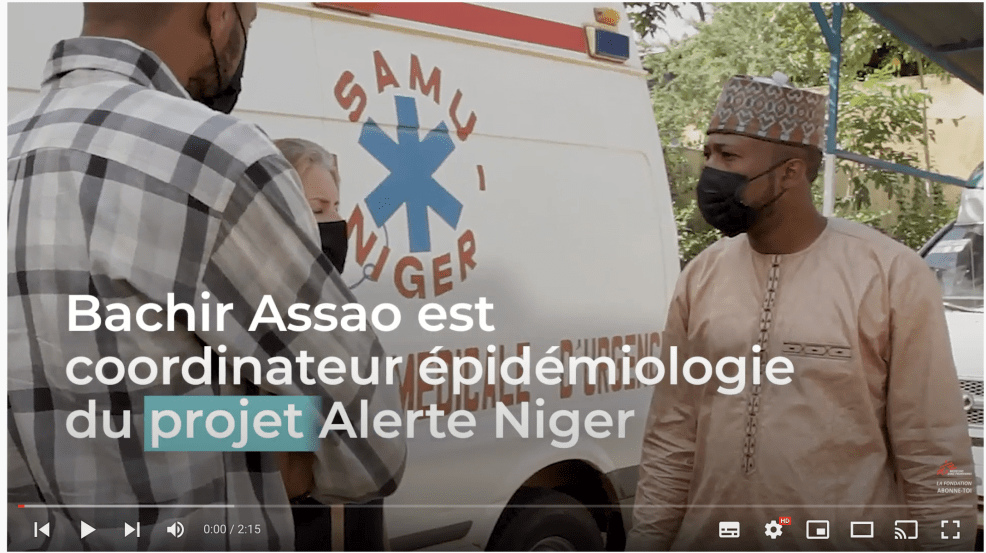
Alerte Niger is the second application developed by the MSF Foundation in collaboration with the Ministry of Public Health of Niger, Epicentre, and Medic Mobile. This application was initially designed to combat outbreaks of measles, meningitis, and cholera, and was deployed in its pilot phase in 5 health zones in the Maradi region.
Following positive results observed during the pilot phase evaluation, particularly in terms of reducing the response time for epidemic alerts, completeness of reports, and ease of use, it was decided, in agreement with health authorities, to expand the coverage of this tool.
On one hand, all notifiable diseases were integrated into the Alerte-Niger platform, and the tool was improved to be interoperable with the health information system used by the Ministry of Health in Niger (DHIS2).
On the other hand, an agreement was made with the authorities to deploy the tool gradually, starting with all districts in Maradi and Maradounfa. To achieve this, healthcare facility staff were equipped and trained.
However, following the change in government, the Ministry of Health's priorities shifted, and we had to make the decision to close the project at the end of 2024.
The Main stages of the program
